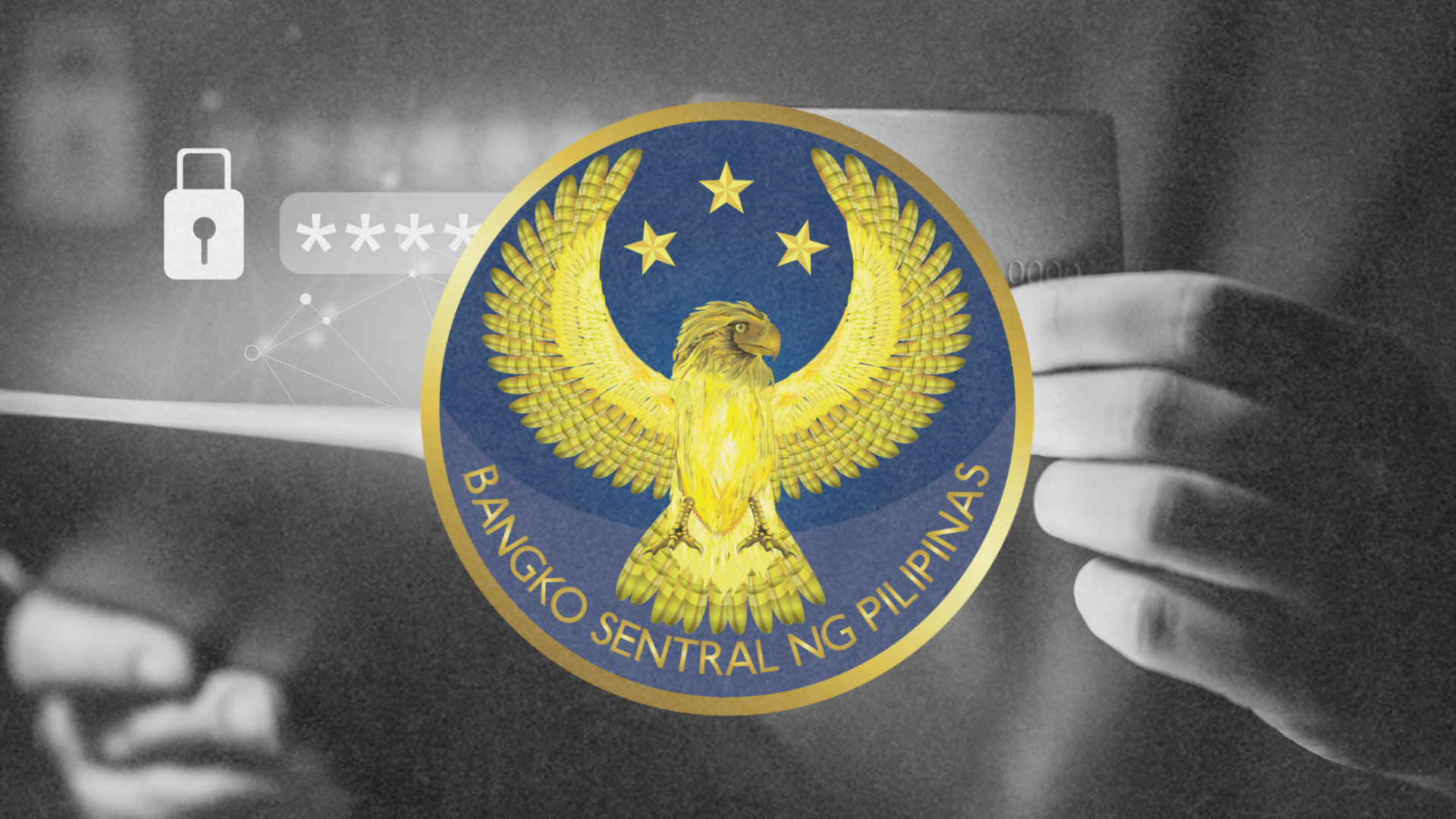Enhancing Cybersecurity and Transparency
In the dynamic realm of digital security, blockchain technology has emerged as a potent force, presenting fresh opportunities to strengthen cybersecurity measures and amplify transparency across diverse sectors. Initially conceived as the foundational technology for cryptocurrencies, such as Bitcoin, blockchain’s decentralized and immutable attributes have catalyzed innovative applications extending far beyond financial systems. This feature delves into how blockchain fortifies cybersecurity frameworks and pioneers transformative changes in security operations across industries.
Understanding Blockchain Technology
At its core, blockchain technology uses a distributed ledger to enable secure, transparent, and tamper-proof record-keeping. Unlike traditional centralized databases, blockchain operates on a decentralized network of computers (nodes) that validate and record transactions in a chronological chain of blocks. Each block contains a timestamp and a link to the previous block, creating a continuous and irreversible data chain.
Critical characteristics of blockchain include:
- Decentralization: No single entity controls the entire blockchain network, making it resilient to single points of failure and reducing the risk of cyberattacks.
- Immutability: Once recorded, data in a blockchain cannot be altered or deleted without consensus from most network participants, ensuring data integrity.
- Transparency: All transactions on a blockchain are visible to network participants, promoting accountability and trust.
Blockchain in Cybersecurity: Fortifying Defenses
Data Integrity and Authentication
In cybersecurity, ensuring the integrity and authenticity of data is paramount. Blockchain technology provides a robust solution by enabling cryptographic hashing and digital signatures to verify the origin and integrity of data. Organizations can use blockchain to create a secure audit trail of transactions, ensuring that data has not been tampered with throughout its lifecycle.
For instance, healthcare institutions can leverage blockchain to securely store and share medical records, protecting patient data from unauthorized access and tampering. By decentralizing data storage and using cryptographic techniques, blockchain enhances data security and mitigates the risk of data breaches.
Identity Management
Blockchain-based identity management systems offer a decentralized approach to verifying and managing digital identities. Traditional identity management systems are often vulnerable to identity theft and data breaches. Blockchain enhances security by enabling users to control their digital identities through cryptographic keys stored on the blockchain network.
Government agencies and financial institutions are exploring blockchain-based identity solutions to streamline identity verification processes while ensuring data privacy and security. By decentralizing identity management, blockchain reduces the reliance on centralized databases vulnerable to cyberattacks.
Securing IoT Devices
The proliferation of Internet of Things (IoT) devices has expanded the attack surface for cyber threats. IoT devices often lack robust security measures, making them susceptible to compromise. Blockchain technology can enhance IoT security by enabling secure device authentication, data encryption, and decentralized device management.
Blockchain-powered IoT platforms create a secure ecosystem where devices can autonomously interact and transact with each other without compromising security. For example, smart cities can use blockchain to securely manage and monitor IoT devices deployed across urban infrastructure, ensuring data integrity and resilience against cyber threats.
Supply Chain Security
Supply chains are vulnerable to counterfeit products, theft, and logistical challenges. Blockchain offers a transparent and traceable solution to enhance supply chain security by recording every transaction and movement of goods on an immutable ledger. By leveraging blockchain, organizations can track the provenance of products, verify authenticity, and streamline supply chain operations.
Companies across industries, from food and pharmaceuticals to luxury goods, implement blockchain-based supply chain solutions to ensure product quality, reduce fraud, and enhance transparency. Blockchain’s ability to provide real-time visibility into supply chain activities strengthens security and builds stakeholder trust.
Enhancing Transparency in Security Operations
Beyond fortifying cybersecurity defenses, blockchain technology transforms security operations, fostering transparency and accountability in various domains.
Auditing and Compliance
Auditing and compliance processes traditionally rely on centralized authorities and manual record-keeping, which can be susceptible to errors and manipulation. Blockchain enables real-time auditing and transparent compliance by maintaining a tamper-proof record of transactions and activities.
Financial institutions and regulatory bodies are exploring blockchain to automate compliance processes, monitor regulatory changes, and ensure adherence to industry standards. By integrating blockchain into auditing practices, organizations can enhance transparency, reduce auditing costs, and improve regulatory compliance.
Public Sector Transparency
Governments are increasingly adopting blockchain technology to enhance transparency and efficiency in public sector operations. Blockchain-based voting systems, for example, enable secure and verifiable elections by recording votes on an immutable ledger. This ensures electoral integrity and reduces the risk of fraudulent activities.
Additionally, blockchain enhances transparency in government procurement processes by recording contract details and expenditures on a decentralized ledger. Citizens can access real-time information about public spending, promoting accountability and reducing corruption risks.
Intellectual Property Protection
Protecting intellectual property (IP) rights is crucial for innovation-driven industries such as technology, pharmaceuticals, and entertainment. Blockchain facilitates IP protection by creating a timestamped and tamper-proof record of ownership and licensing agreements.
Creators and innovators can use blockchain to register copyrights, patents, and trademarks, preventing unauthorized use and infringement. Blockchain-based IP registries enable transparent licensing agreements and facilitate royalty payments, ensuring creators receive fair compensation for their work.
Challenges and Considerations
While blockchain technology offers promising opportunities to enhance cybersecurity and transparency, several challenges must be addressed:
- Scalability: Blockchain networks face scalability issues, particularly in handling large volumes of transactions and data.
- Regulatory Uncertainty: The regulatory frameworks for blockchain and cryptocurrencies differ worldwide, presenting various legal and compliance challenges.
- Interoperability: Ensuring interoperability between blockchain platforms and legacy systems remains a technical challenge.
Despite these challenges, ongoing research and development are concentrated on addressing these issues and unlocking the full potential of blockchain technology in security applications.
.
Future Outlook
The future of blockchain in security holds immense potential for innovation and transformation. As technology advances, blockchain is expected to play a crucial role in shaping cybersecurity’s future, improving operations transparency, and transforming digital trust frameworks across industries.
From securing IoT ecosystems and safeguarding sensitive data to improving supply chain resilience and fostering regulatory compliance, blockchain technology is paving the way for a more secure and transparent digital future.
While blockchain technology is still evolving, its impact on security and transparency is undeniable. By harnessing its decentralized and immutable properties, organizations can strengthen cybersecurity defenses, enhance operational transparency, and build trust in an increasingly interconnected digital world. As the landscape continues to evolve, embracing blockchain innovation promises to steer into a new era of secure, transparent, and resilient security operations.






